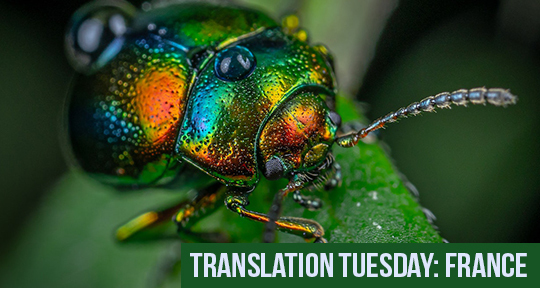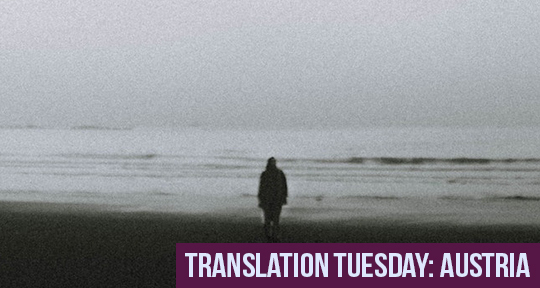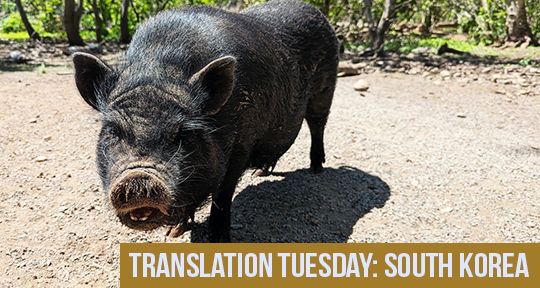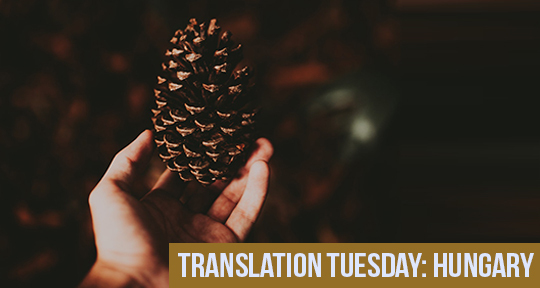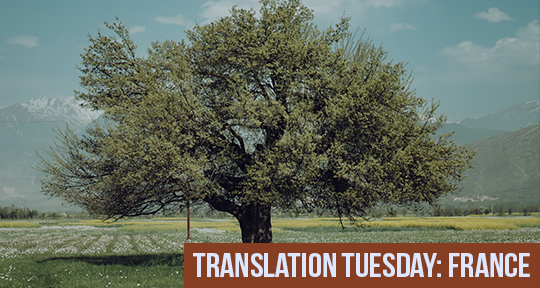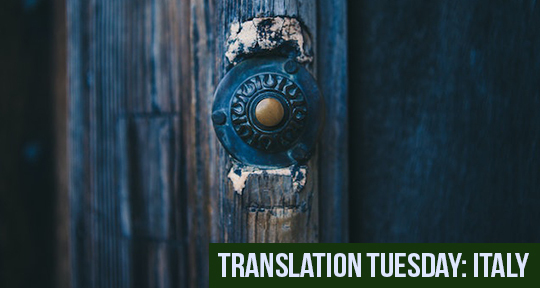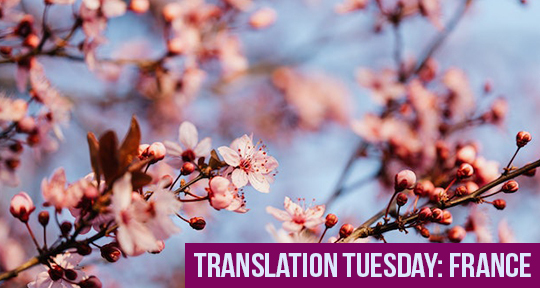An excerpt from MetaXa translated by Csilla Toldy channels the celebrated voice of contemporary Hungarian writer László Garaczi. Witty and provocative, this Translation Tuesday, we view the mundane with intense feeling through Asztrik’s eyes, jumping from erratic observation to probing thought on the love of a woman. Read on for an uncommon foray into another’s sensory world – feverish in its vibrance.
a spacious lonely month awaits me, pinned to it the remainder of my life at home, light trembling under the skin—I have to meet the middleman from Hamburg, we have to clarify the details of the mission; I don’t talk to anyone for days, I stagger around in the July heat, I slowly begin to understand that I cannot do anything with this city, sharp menacing hot unevenness, it does not let me come closer to itself no matter how sly or flattering I am, I cannot smuggle myself into its good graces and my patience is running out—it is hard to imagine that I will have to sun dry in the heat for another two weeks—a blind fire flares up from under the earth—even your shadow scorches—you jerk back from the flame that flashes at you from the dying waves on the shore or the white stones, the cars are colourful leeches on the steaming asphalt—you hover weightlessly without an outline and choke, and then, when you are ready to give up there is the miracle, a new era—you throw the red plastic camera into an armchair, fall asleep—wake—sleep, forget even the forgetting—you carry on with the mantra even when awake—the air conditioning monster crunches its iron teeth, a picture on the wall, the air vibrates with the colours as if humming—you wriggle around on the bed, the picture on the wall doesn’t let you sleep, it’s a salmon with a glory,
you go down to reception—name tag Saulius—he rants on an exhale: how-are-you-thanks- fine, he holds a lit cigarette between his ring and little finger—you ask for the key to the net room, the air conditioning is not working, the window opens to a filthy alleyway and a neon sign in the gap between the fire walls: Moon Palace—you visit a few hacker sites, they are selling stone samples brought from the moon in apollo 13, stolen from NASA with photos and prices; with your usual name: Asztrik, you enter a Hungarian language US-room, there are about ten of them around not excited to see you, a closed group and they have no time for you—they are busy bankrupting Cat Canada at the moment; Maximillia is the demon of the chat room—she dominates the territory, knows no mercy, brutal, real—are you rebelling slaves—she leaves and knows that they will talk about her—a few of them follow her straight away—and then there is only Little Strawberry left—silence—you’re waiting for her to say something; Detko enters and starts chatting: she is holidaying in New York, she gives you her number privately, call her and have a drink together—Little Strawberry remains silent all along; before you leave, you take a look at the Gellert Mountain on the web camera and the light chain of the Elizabeth Bridge, you twitch under the feelings flooding you—go up to your room, it is cooler now, but the air conditioner is screeching—you imagine Maximillia, the demon in Budapest and Detko, the giggling teenager in New York—you are lying alone in a ran-down room in Brooklyn, the dread pumps adrenaline into your brain, even though tomorrow will be summer, too, and a bank holiday—the skyscrapers are sparkling, two spinning numbers show how many people are living on the planet and how much they owe to the banks—the sun is beating down in the park, rock musicians wearing white on a podium, spinning dancers on skates, a guitar-shaped boxplant, toilet basin, skull, another bush shaped like a finger-biscuit, forget, forget, oblivion—the Chinese girl who taught you the word oblivion after a concert—you cannot remember her name—forgetting the problem is the solution; you wake up at noon, sweltering heat—you are sitting on a bench on the promenade near the bridge in the shade, on the other side of the water the houses are trembling in the rising steam, the smell of chips iodine dead fish rubber acetone—cities smell more in summer—little balls of different smells bang your nose, the last miserable smoker stubs out his last miserable cigarette in Manhattan; at night I’m again in the net room—the mouse lies exactly in the same angle on the mousepad showing the airplanes approaching the WTC towers; in one of the common areas at least forty of them are fighting, Maximillia amongst them—you don’t even check the name list when your private window appears—you are alone with the demon—what’s up, hi, Maximillia—you did not call Detko, upsy-daisy—she disappears, you search around: nothing, she left—you call Detko on an impulse—it is ringing, you have to concentrate to breathe—in and out;



